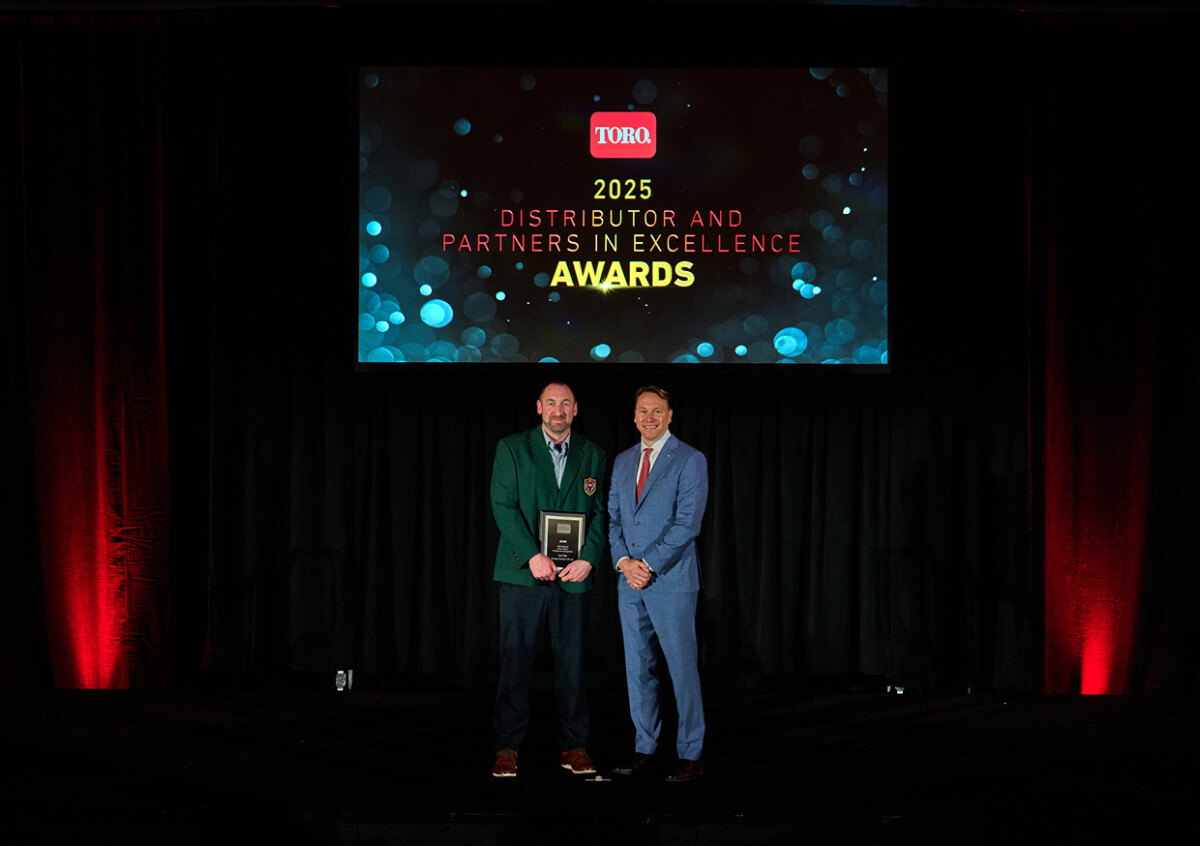Can Europe be pesticide-free by 2050?: With the ecological consequences of food production and agricultural practices coming under increased scrutiny, and being reassessed and remodelled, a leading biopesticide technology developer believes Europe can be free of its reliance upon toxic pesticides by 2050.
Emerging advances in biopesticides and biostimulants – eco-friendly, nature-based alternatives to the harsh, chemical pesticides we have used for many decades to control pests & diseases and increase yield – are transforming the industry. And they are ushering in a new era of cleaner agronomy that could see Europe being pesticide free in the next 30 years, envisions Dr Minshad Ansari Founder and CEO of Bionema Ltd, UK. Bionema Ltd, a Wales-based BioTech firm, develops natural products to protect crops from pests and diseases and reduce the use of synthetic pesticides.

Minshad chaired the Biopesticides Summit, which was held in July 2019, in Swansea. The Summit gathered hundreds of policy-makers and experts from industry and academia, to discuss the most pressing issues and threats facing crop production today and, crucially, the need to bring more sustainable alternatives to marketplace swiftly.
“We are living in very crucial times for food production and land management. Safe, responsible and sustainable food production is a cornerstone of the continued survival of life, and some of the most exciting solutions to the biggest problems facing food production are to be found within nature,” said Minshad.
“These biopesticides are, in many cases, already being developed or used successfully, and others are well within our grasp. In fact, I believe Europe can be free of its reliance upon toxic pesticides by 2050.
“We are at a point in time where the public is more aware of, or more vocal about their expectations, when it comes to the impact the practices of industry upon our environment. And public scrutiny is a very powerful driver of the practices of the biopesticide industry.
“It is very clear that we have reached a watershed moment. There is a growing acceptance among food producers that practices need to be modernised. There is a groundswell of public awareness that we cannot continue to lean upon traditional, damaging pesticides, some of which we have been using for many decades, to support production,” he said.
“The long-term negative effects of using chemical pesticides on the fertility of our land, and the threat this brings to our survival, is well documented. Also, health experts and scientists have been flagging up links between pesticide use and a host of diseases including Parkinson’s, Alzheimer’s, brain, prostate and kidney cancers, for many years.”
The World Health Organisation reports that pesticides are responsible for up to five million cases of poisoning each year, of which 20,000 are lethal. And, it says, pesticides affect children and infants disproportionately.

“The evidence to support wholesale change is there, credible science is there, the will is there, and, to some extent, the funding is increasingly there to ensure efficacious new products to fill the gap in the market created by the removal of pesticides. The remaining hurdles are largely around the slow pace of regulation and licencing these products for the marketplace,” he added.
Some of Europe’s largest growers are already reaping the benefits of using non-toxic alternatives to chemical pesticides. In Spain’s notorious ‘Sea of Plastic’, the 30,000 hectare corner of Almeria which produces most of the fruits and vegetables that are consumed throughout Europe, sachets of miniscule mites are used, which are draped from pepper, tomato and courgette plants, and attack the parasites that threaten these crops. In fact, the use of insecticides in Almeria has, according to local authorities, dropped by 40 percent since 2007.
Dr Ansari says: “The biopesticide movement has experienced a very interesting development arc over the past few decades. Our use of insecticides surged in the 1960s, at a time when, at least in the Western World, there was a public awakening to the fact that our chemical-laden environment was perhaps hostile to health and life.
“However, global population pressures have driven producers to increase their output and to find ever more efficient ways of meeting demand. Insecticides have done much to help meet those needs. But, they have done so at great cost to human health, to the environment and to the long-term viability of our soil. Growers are also having to meet the man-made challenge of crop resistance to those chemicals we have been using so liberally for years.”
Firms like Bionema, Ecolibrium Biologicals, Maxstim, Aphea.Bio and many others, often working in collaboration with researchers at key universities, represent a growing number of experts who are spearheading change.
“There is still work to be done to educate farmers, many of whom are in a holding pattern of disinfecting their land with fungicides, and using other chemical agents, simply because this is what they have always done, and because these chemicals are being recommended and sold to them by companies they have dealt with over many years and which they trust.
“However, the biopesticide market is expected to grow from $3 billion dollars in 2016 to almost $10 billion dollars by 2025. Around 30% of plant protection tools now available are biological, and more than 50% of new regulatory applications are biological products.
“But the regulatory barriers are complex, and they are consistent challenges. They require the efficacy of a biopesticide to be quantified and proved, they require the biopesticide to pose minimal or zero risk, toxicological and eco-toxicological evaluations, and other stringent tests. These tests have been put in place for chemical pesticides, but they are perhaps not appropriate for biopesticides. Meeting the current requirements can be prohibitively expensive for biopesticide developers, many of which are SMEs.”


























